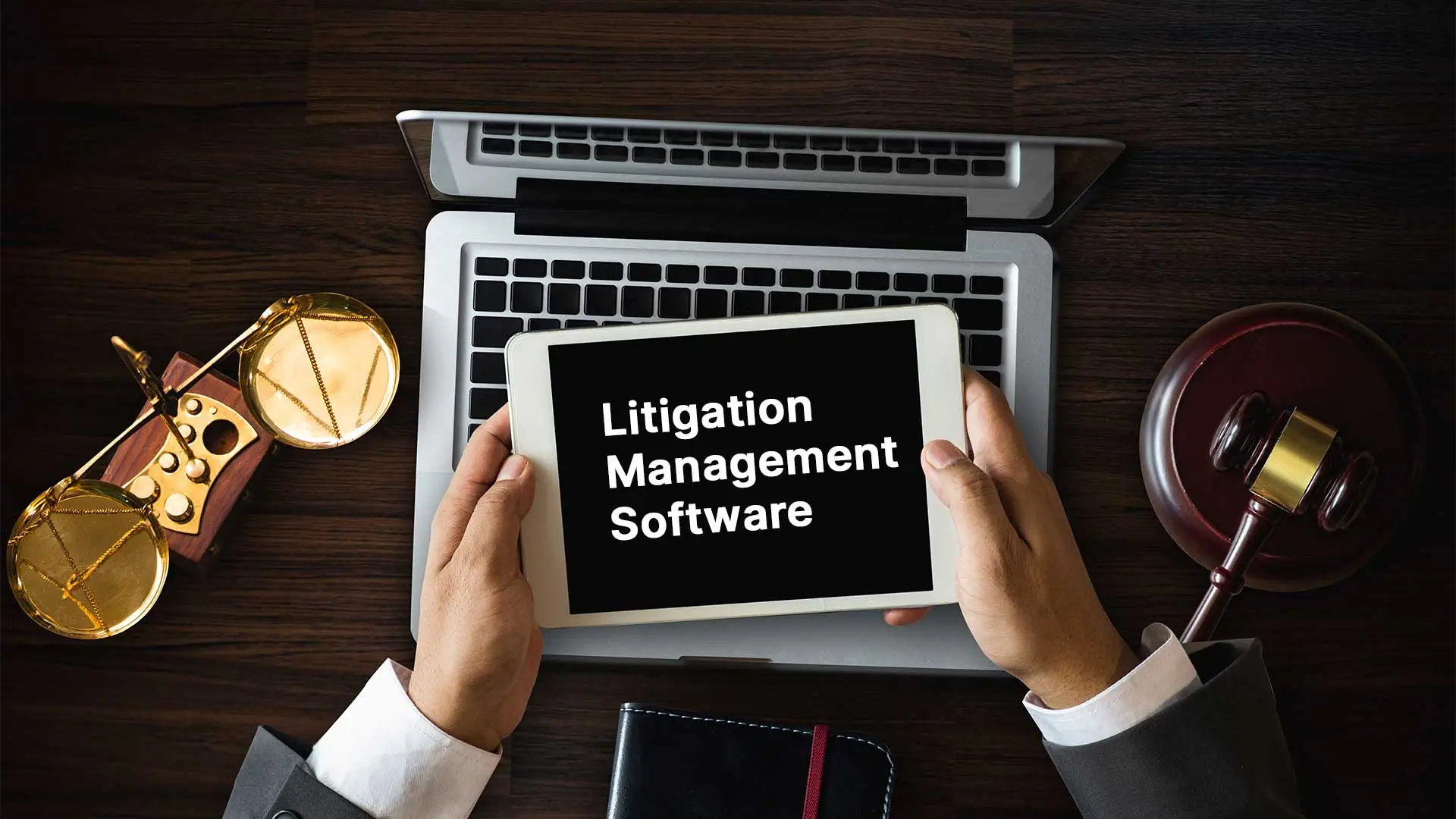
Law has continued to evolve, creating new opportunities for professionals to work more efficiently. As client expectations shift and work methods transform, legal practitioners are discovering improved ways to manage responsibilities. A greater focus on thoughtful structure and flexible systems is allowing many to maintain energy and motivation.
A critical part of this shift involves the use of litigation software. This tool has simplified tasks that once demanded extended hours and repetitive steps. With more organized systems, legal professionals can now dedicate more focus to strategy and communication. The result is a workflow that supports long-term engagement and steady progress.
Modern Workspaces Offer More Flexibility
Law professionals are embracing diverse environments that encourage focus and productivity. Offices have expanded beyond traditional settings, offering options like quiet remote locations and co-working spaces. These alternatives allow for better time management and encourage a more consistent work rhythm. Flexibility in choosing how and where to work supports a smoother integration of personal and professional life.
The ability to manage schedules independently is improving overall satisfaction. Legal tasks can be planned around peak focus hours, allowing for steady and thoughtful execution. With digital tools in place, access to case files and client records remains uninterrupted. This freedom promotes a structured yet adaptable routine throughout the day.
Software for Litigation Cases Can Refine Legal Workflow
Technology is central to improving daily legal tasks. Cloud-based systems and secure platforms simplify information access and storage. With the help of ltigation software, communication with clients and team members becomes faster, more reliable, and easier to track. Structured organization and easy-to-use features benefit every phase of a legal case.
Such software allows professionals to coordinate case details without disruption. Documentation, scheduling, and task delegation are all streamlined into a single platform. This reduces back-and-forth communication and creates clear progress tracking. It encourages confidence in task completion and a sense of accomplishment throughout the process.
Mindful Practices Support Professional Longevity
Legal professionals are integrating wellness into their routines through consistent self-awareness. Focused breaks, movement, and quiet time are becoming common parts of daily planning. Here are a few unique ways attorneys can stay focused during the workday:
- Practicing five-minute breathing exercises before meetings
- Setting intentional goals for each task
- Walking between scheduled sessions to refresh focus
- Limiting task-switching with timed workblocks
Smarter Legal Drafting Is Changing the Game
Automation is starting to influence areas that once required extensive manual effort. Legal drafting, in particular, is becoming more efficient through smart software that generates structured content with clarity and consistency. These innovations are designed to support a cleaner workflow for lawyers handling high volumes of paperwork.
Instead of spending time on repetitive document formatting, legal professionals are now turning to online tools that simplify the process while keeping everything accurate and polished. This evolution in drafting contributes to a smoother practice, letting professionals stay focused on the bigger picture without getting slowed down by formatting details.
Connection and Communication Shape the Experience
Healthy communication and meaningful interactions also influence professional growth. Shared goals within a team improve engagement and reduce isolation. Feedback and discussion offer new perspectives that support better outcomes. Open collaboration encourages a sense of belonging and mutual respect.
Work relationships improve when people are clear about expectations and timelines. Technology assists in tracking shared tasks and deadlines, allowing everyone to stay aligned. A well-connected team works with focus and harmony, which contributes to a positive and lasting career in law.
Litigation software continues to support a more structured and consistent way of managing legal tasks. The approach is less about racing through responsibilities and more about pacing each day with clarity. Professionals are choosing work models that support long-term engagement, steady effort, and balanced routines. This path reflects a new direction in law—purposeful, clear, and built for the future.


